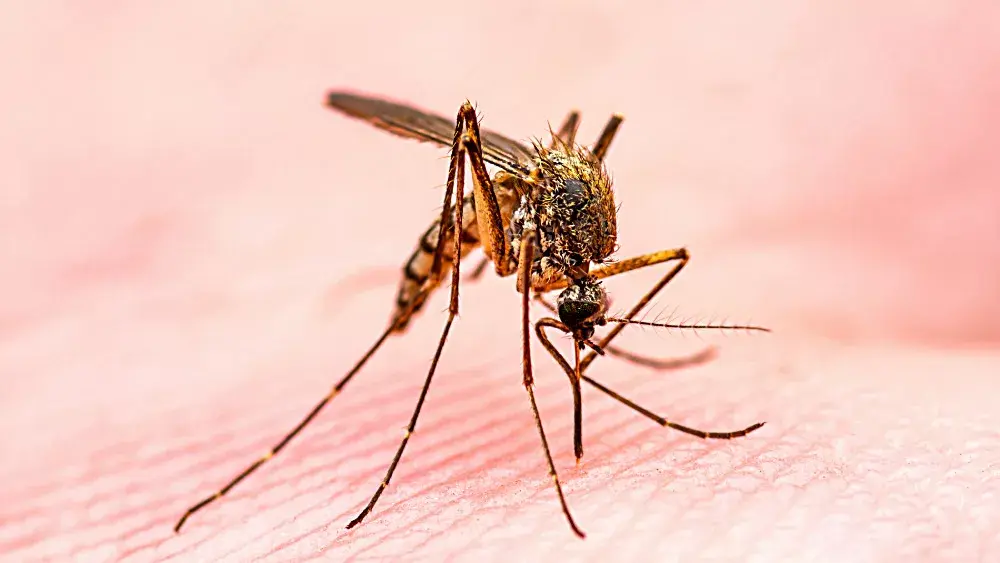METROPOLIS – The Southern 7 Health Department (S7HD) has confirmed one, new positive test for West Nile Virus (WNV) in mosquitoes for the southern seven county region of Illinois. This is the first positive case of WNV in mosquitoes documented by the health department in 2025. No human cases of WNV have been reported so far this year in the region.
On July 24, S7HD Environmental Health Services confirmed the positive case was collected from mosquito traps set in Massac County. Traps were placed in each of the lower seven counties in May and are tested weekly through mid-October.
West Nile virus is transmitted through the bite of a Culex pipiens mosquito, commonly called a house mosquito that has picked up the virus by feeding on an infected bird. Common symptoms include fever, nausea, headache and muscle aches. Symptoms may last from a few days to a few weeks. However, four out of five people infected with West Nile virus will not show any symptoms. In rare cases, severe illness including meningitis, encephalitis, or even death, can occur. People older than 60 and individuals with weakened immune systems are at higher risk for severe illness from West Nile virus.
Residents are encouraged to take precautions to Fight the Bite include practicing the three “R’s” – Reduce, Repel, and Report.
• REDUCE – make sure doors and windows have tight-fitting screens. Repair or replace screens that have tears or other openings. Try to keep doors and windows shut. Eliminate, or refresh each week, all sources of standing water where mosquitoes can breed, including water in bird baths, ponds, flowerpots, wading pools, old tires, and any other containers.
• REPEL – when outdoors, wear shoes and socks, long pants and a light-colored, long-sleeved shirt, and apply insect repellent that contains DEET, picaridin, oil of lemon eucalyptus, or IR 3535 according to label instructions. Consult a physician before using repellents on infants.
• REPORT – report locations where you see water sitting stagnant for more than a week such as roadside ditches, flooded yards, and similar locations that may produce mosquitoes. The local health department or city government may be able to add larvicide to the water, which will kill any mosquito eggs.
Trapping mosquitoes will continue until early fall. For more information, call Miranda Adams, S7HD Environmental Health Services Director at 618-634-2297 x. 973114, visit www.southern7.org, or download the Southern 7 app.





